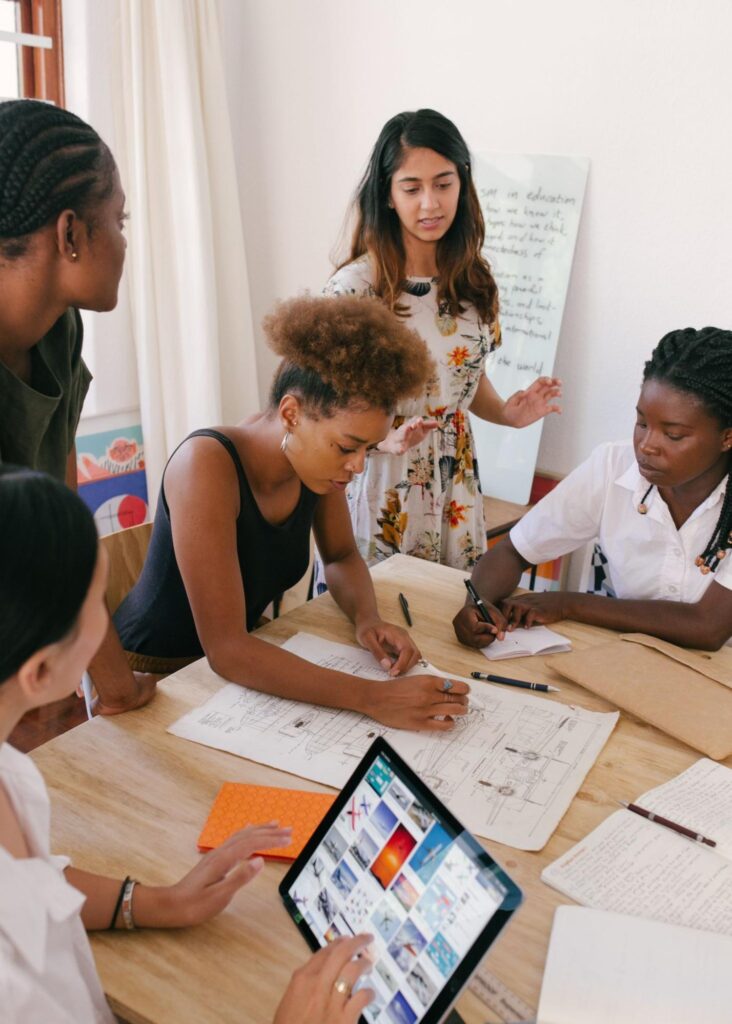
On 14th September, Project South submitted a serious complaint against ICE (Immigration and Customs Enforcement, USA) regarding one of their facilities in Georgia where, among various violent practices, hysterectomies are allegedly being performed on women without their knowledge or consent.
Forced sterilizations have been used throughout history to disappear, people, the state finds to be ‘undesirable’ and/or a ‘burden’. For the US, this practice is nothing new. In the 32 states that adopted Eugenics as a policy in the 20th Century, 70,000 Americans were forcibly sterilized by law before the practice was adopted by the Nazis. Those targeted by this practice were poor women, disabled women, women of color, and indigenous women. These are also the same groups targeted for incarceration – another tool to disappear those deemed ‘undesirable’ by the state. But it’s not only migrants in the US who are targeted. There are mounting stories of women’s bodies being controlled as a tool of erasure which we can see in the case of Tessa Savicki, Project Prevention, and also against the Uyghur in China.
Certain groups are constructed as a ‘burden’ in order to legitimise their disenfranchisement and dehumanisation, which produces the conditions where these practices can go on largely unchallenged by the majority of society.
While these logics and practices may seem far removed from our workplaces, they are reproduced in these spaces too. People who belong to groups that have been historically and presently constructed as a burden will be less likely to receive the benefit of the doubt, their errors will be hypervisibilised, and resources will be denied to them. As we undertake to build inclusion and equity in our workplaces we must visibilise the underlying ideas that shape how we see certain people as a departure point for interrupting how these are lived out across policy and practice.

